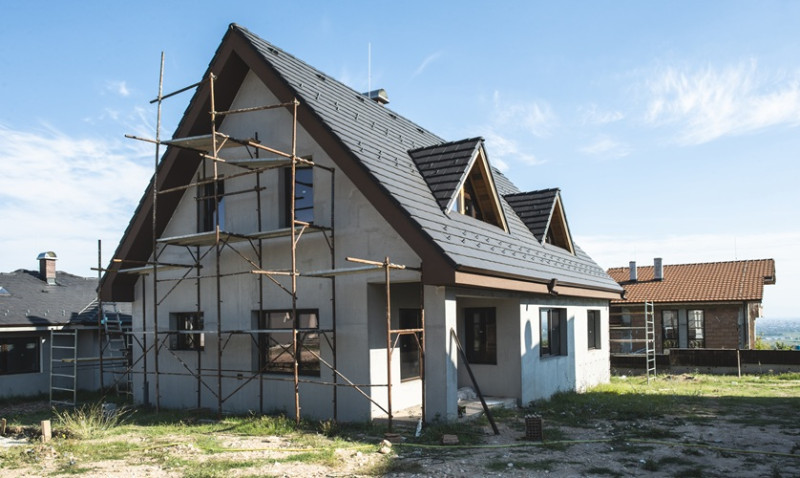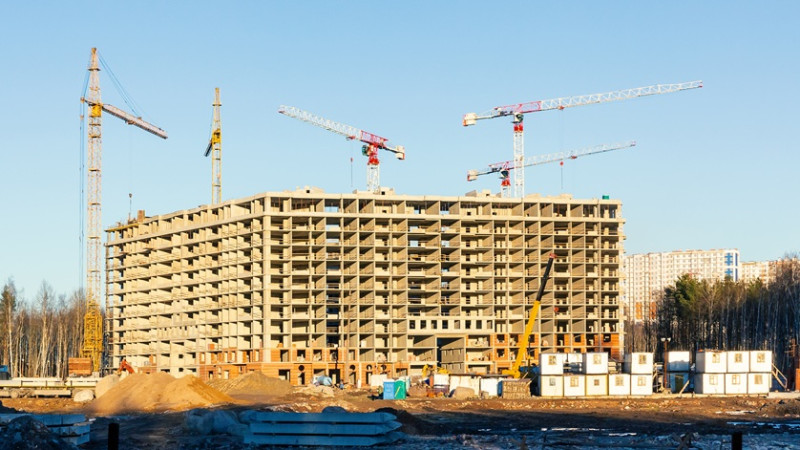
Choosing the right building contractor is one of the most critical decisions you will make when embarking on a construction project. Whether you are building a new home, renovating an existing space, or undertaking a commercial project, the contractor you select can significantly impact the outcome. In this comprehensive guide, we will explore the essential factors to consider when choosing a building contractor, ensuring that your project runs smoothly and meets your expectations.
Understanding Your Project Needs
Before you start looking for a contractor, it’s essential to have a clear understanding of your project needs. This will help you communicate effectively with potential contractors and ensure that you find someone who is well-suited for your specific requirements.
Define Your Project Scope
Begin by outlining the scope of your project. Consider the following:
- What type of construction are you planning? (Residential, commercial, renovation, etc.)
- What is your budget?
- What is your timeline for completion?
- Are there any specific materials or design elements you want to include?
Set Your Budget
Establishing a budget is crucial. It will guide your contractor selection process and help you avoid overspending. Be realistic about your budget and consider including a contingency fund for unexpected expenses.
Researching Potential Contractors
Once you have a clear understanding of your project needs, it’s time to start researching potential contractors. Here are some effective strategies to find qualified candidates:
Ask for Recommendations
Start by asking friends, family, and colleagues for recommendations. Personal referrals can provide valuable insights into a contractor’s work ethic, reliability, and quality of work.
Check Online Reviews
Utilise online platforms such as Google, Yelp, and Angie's List to read reviews and ratings of contractors in your area. Pay attention to both positive and negative feedback to get a balanced view.
Visit Completed Projects
If possible, visit some of the contractor’s completed projects. This will give you a firsthand look at their workmanship and attention to detail.
Evaluating Contractor Qualifications
Once you have a shortlist of potential contractors, it’s time to evaluate their qualifications. Here are some key factors to consider:
Licensing and Insurance
Ensure that the contractor is properly licensed and insured. This protects you from liability in case of accidents or damages during the construction process. Request to see copies of their license and insurance certificates.
Experience and Expertise
Consider the contractor’s experience in the specific type of project you are undertaking. Ask about their previous projects and whether they have worked on similar jobs. A contractor with relevant experience is more likely to understand the challenges and requirements of your project.
References
Request references from past clients. Contact these references to ask about their experience with the contractor, including communication, quality of work, and adherence to timelines.
Interviewing Potential Contractors
Once you have narrowed down your list, it’s time to interview potential contractors. This step is crucial for assessing their compatibility with your project and ensuring effective communication.
Prepare Your Questions
Prepare a list of questions to ask during the interview. Some important questions include:
- What is your estimated timeline for this project?
- How do you handle unexpected issues or changes during construction?
- What is your payment schedule?
- Who will be supervising the project on-site?
Assess Communication Skills
Effective communication is vital for a successful project. Pay attention to how the contractor responds to your questions and whether they take the time to explain their processes clearly.
Getting Detailed Estimates
After the interviews, request detailed estimates from the contractors you are considering. A comprehensive estimate should include:
Breakdown of Costs
The estimate should provide a detailed breakdown of costs, including materials, labor, permits, and any other expenses. This transparency will help you compare bids more effectively.
Timeline for Completion
Ensure that the estimate includes a timeline for project completion. This will help you set expectations and plan accordingly.
Reviewing Contracts
Once you have selected a contractor, it’s time to review and sign the contract. This document is crucial for protecting both parties and ensuring that everyone is on the same page.
Key Elements of a Contract
Make sure the contract includes the following elements:
- Scope of work
- Payment schedule
- Timeline for completion
- Warranties and guarantees
- Termination clauses
Seek Legal Advice
If you are unsure about any terms in the contract, consider seeking legal advice. A lawyer can help you understand your rights and obligations.
Maintaining Communication During the Project
Once the project is underway, maintaining open communication with your contractor is essential. Here are some tips for effective communication:
Regular Check-Ins
Schedule regular check-ins to discuss progress, address any concerns, and make decisions as needed. This will help keep the project on track and ensure that any issues are resolved promptly.
Document Everything
Keep a record of all communications, agreements, and changes made during the project. This documentation can be invaluable in case of disputes or misunderstandings.
Finalizing the Project
As the project nears completion, it’s important to conduct a final walkthrough with your contractor. This will allow you to address any remaining issues and ensure that everything meets your expectations.
Inspect the Work
Thoroughly inspect the work completed and ensure that it aligns with the contract specifications. If you notice any discrepancies, discuss them with your contractor immediately.
Final Payment
Only make the final payment once you are satisfied with the completed work. Ensure that all aspects of the project have been addressed before settling the final bill.
Conclusion
Choosing the right building contractor is a crucial step in ensuring the success of your construction project. By understanding your needs, researching potential contractors, evaluating their qualifications, and maintaining open communication throughout the process, you can make an informed decision that leads to a successful outcome. Remember, investing time in selecting the right contractor will pay off in the long run, resulting in a project that meets your expectations and stands the test of time.






